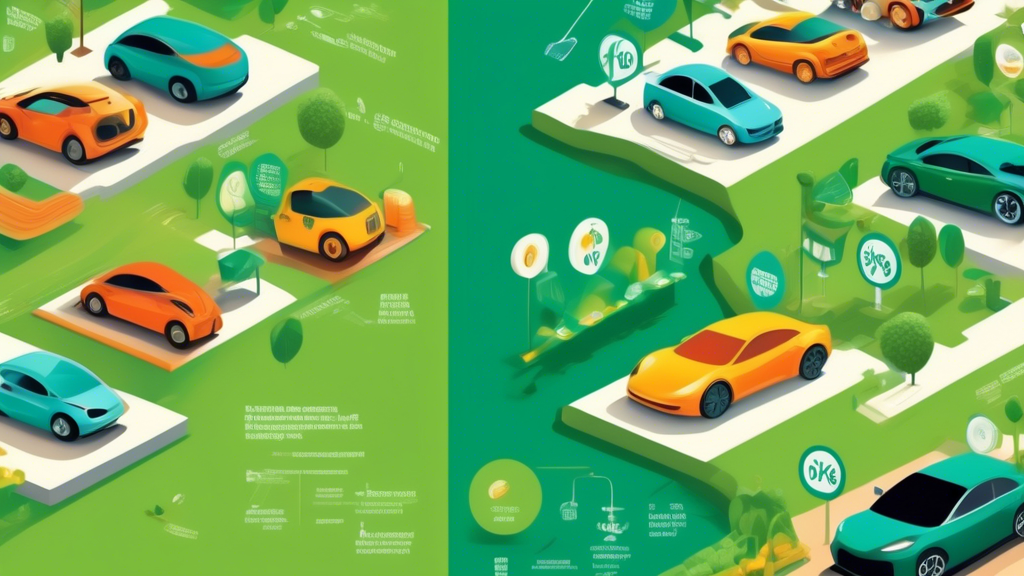
Understanding the Economics of EV Ownership: Cost Vs. Savings
Transitioning from traditional gasoline-powered vehicles to electric vehicles (EVs) represents a shift toward greener alternatives and introduces a new economic landscape for vehicle ownership. Evaluating cost vs. savings in EV ownership requires a comprehensive look at acquisition costs, fueling or charging expenses, maintenance, and potential long-term savings.
Initial Costs and Incentives
The upfront cost of purchasing an EV can be significantly higher than that of a comparable internal combustion engine (ICE) vehicle. However, this cost is often mitigated by various government incentives, tax credits, and rebates aimed at encouraging the adoption of EVs. These incentives vary by country and, in some cases, by region within a country, providing substantial discounts on the purchase price of electric vehicles. Additionally, some regions offer non-monetary incentives such as access to carpool lanes or free parking, which can add to the overall value proposition of EV ownership.
Charging Costs vs. Fueling Costs
One of the most cited benefits of owning an EV is the savings in fuel costs. Electricity rates are generally more stable than gasoline prices, offering a more predictable and often lower cost per mile. The exact savings will depend on local electricity rates, the efficiency of the vehicle, and driving habits. Home charging installations can also entail an initial investment but provide the convenience and potential for night-time charging at lower rates. Public charging infrastructure and pricing, especially for fast charging, also evolve and can influence overall charging costs.
Additional Considerations – Cost Vs. Savings
Rates for public charging stations can vary widely, potentially affecting the economics of drivers who rely heavily on them. Some networks operate on a subscription model; others charge per kilowatt-hour (kWh) or charging session.
Maintenance and Repairs
EVs typically have fewer moving parts than their gasoline-powered counterparts, which can lead to significantly lower maintenance and repair costs over the vehicle’s life. The absence of an engine, transmission system, exhaust system, and other components associated with combustion vehicles reduces the frequency and cost of maintenance. However, EVs may have higher costs related to battery replacement if it becomes necessary outside of warranty coverage. Battery longevity and the potential replacement cost should be considered in the long-term economic evaluation of EV ownership.
Depreciation and Resale Value
Potential buyers have been concerned about the resale value of EVs. Historically, Electric Vehicles have suffered from rapid depreciation, partly due to the fast pace of technological advancements and improvements in newer models. However, this trend is starting to change as the technology matures, consumer confidence grows, and the used EV market expands. Depreciation rates vary widely among models, and prospective buyers should research specific vehicles for a clearer picture.
The Bottom Line EV Ownership Economic – Cost Vs. Savings
The economics of EV ownership can be favorable, particularly when considering the long-term savings in fuel and maintenance. EVs present a compelling case when factored with the initial purchase incentives and the environmental benefits. However, potential owners should carefully consider their typical driving patterns, access to charging facilities, and the vehicle’s longevity to make the most informed decision. As the EV market evolves, many economic dynamics will likely shift, potentially making electric vehicles an even more attractive option for a broader range of consumers.
